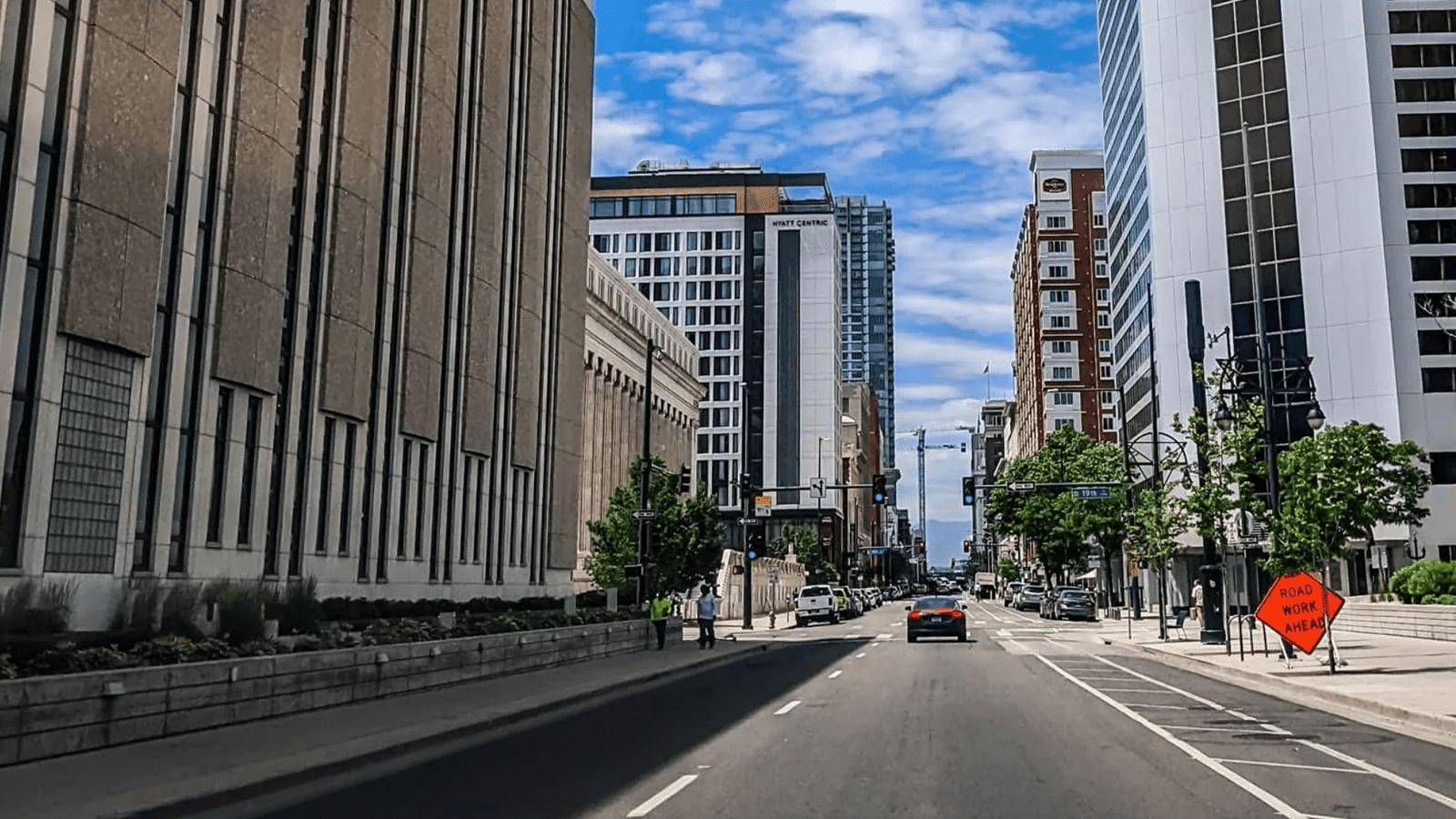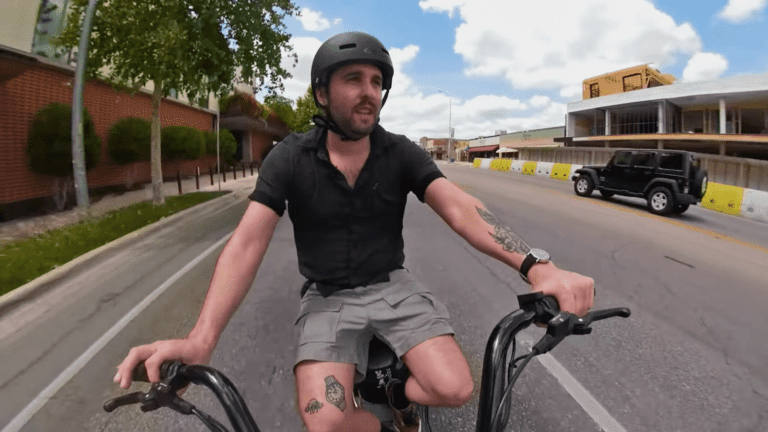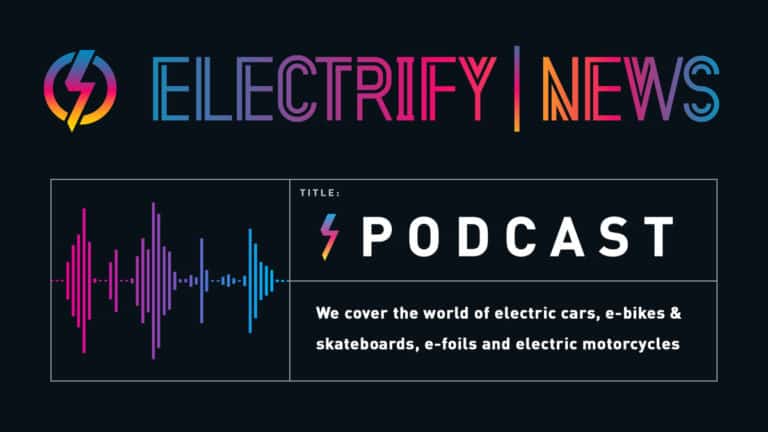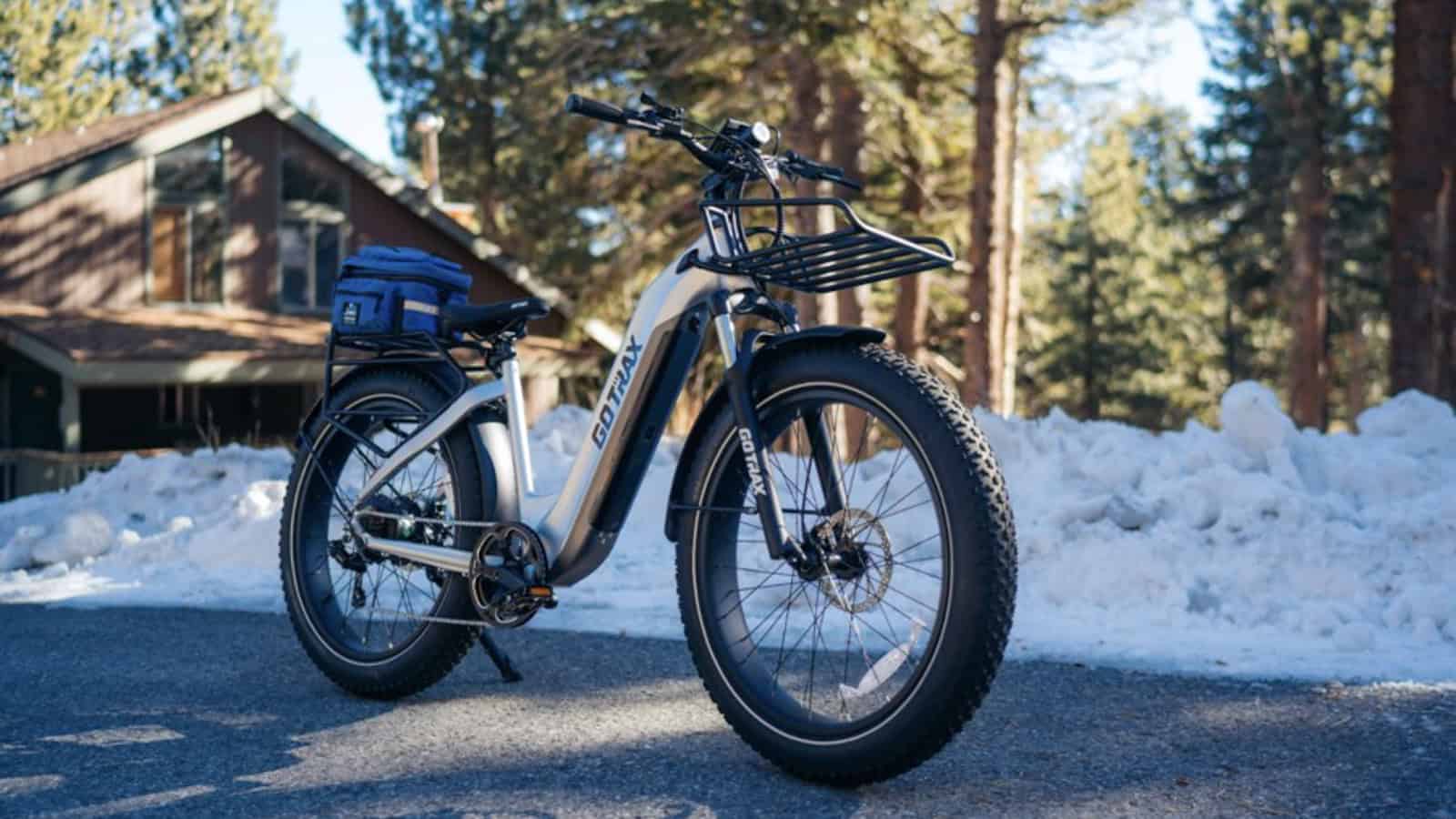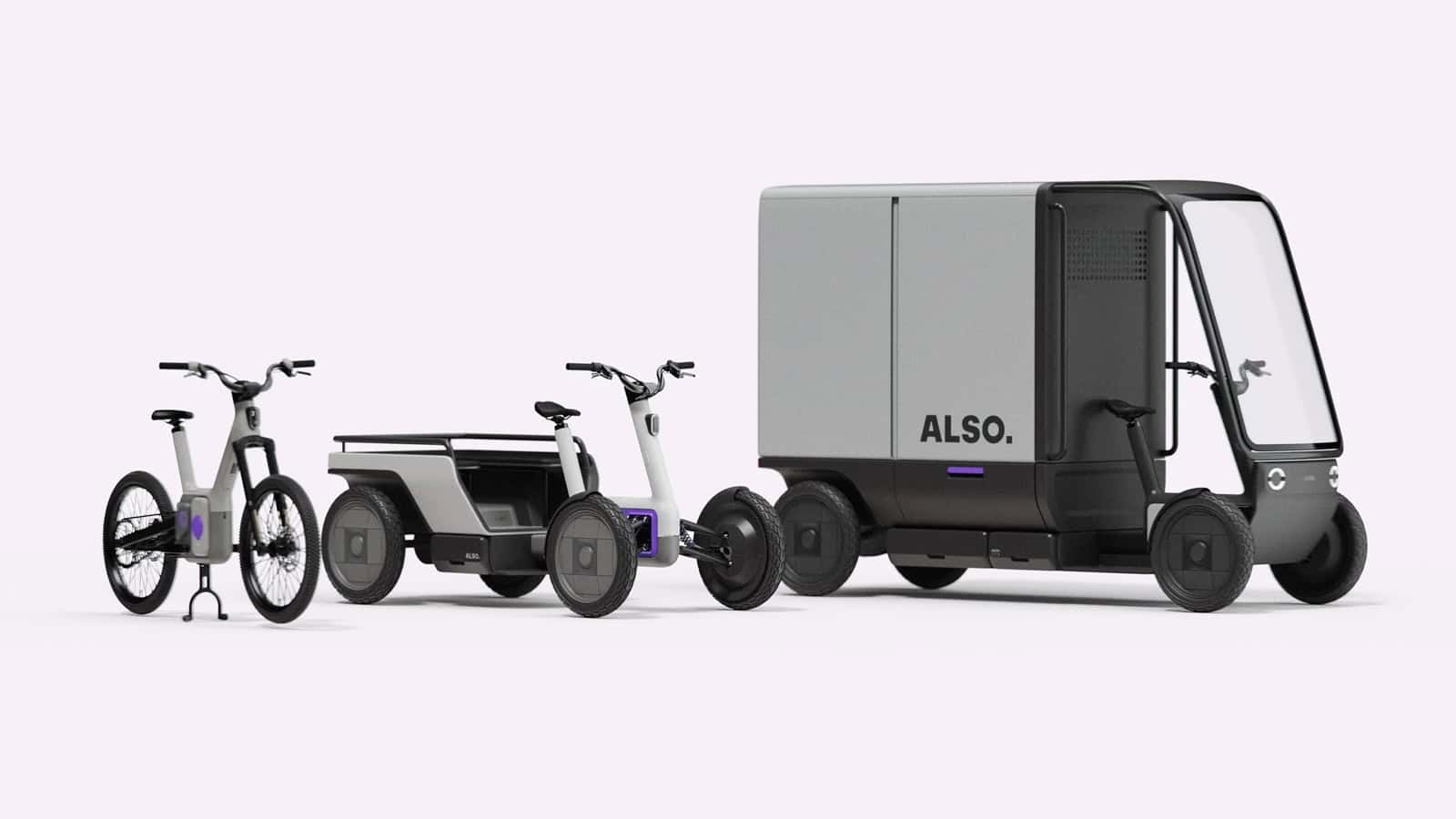Denver is currently all biked-up with nowhere to ride.
Earlier this year, Denver launched a program to encourage city residents to switch to e-bikes by offering rebates ranging from $400 to $900, with higher incentives for cargo e-bikes and even higher incentives of $1,200 for low-income residents.
The program used point-of-sale rebates that were applied instantly at the time of purchase, unlike your more standard mail-in rebates or e-bike tax credits. This made it easier for new riders to afford electric bikes, which, as we know, can get pretty dang expensive.
The program’s goal was to increase the amount of electric bikes on Denver’s streets and thus lower the number of cars out there.
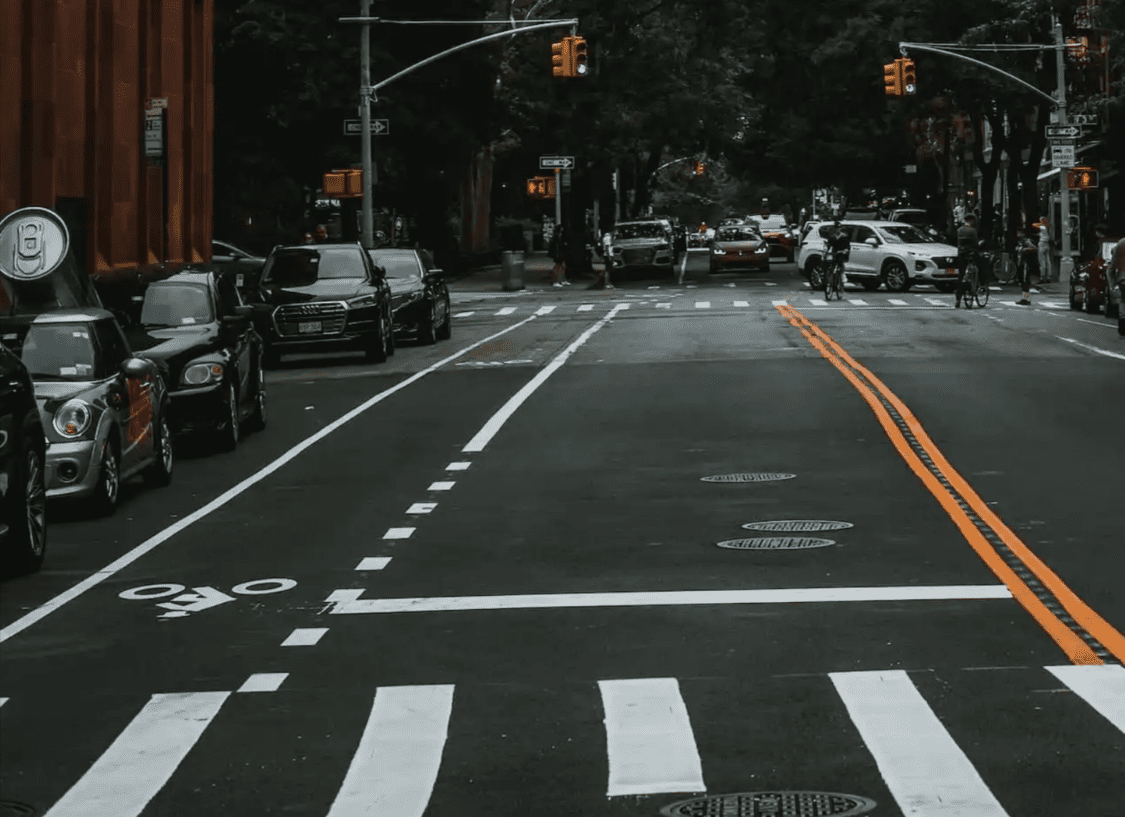
As a result, almost 5,000 e-bikes have been purchased through the program, with around half going to low-income riders.
And while this is something to really praise, it does also highlight the need for municipalities to invest in better cycling infrastructure to make riders safer.
One issue at hand is whether or not to use an e-bike on the road or in a dedicated bike lane. Sure, an e-bike can travel at speeds up to 20-28 mph, but that’s not exactly keeping up with cars going 45 mph and could lead to some ugly road rage from those drivers who feel like they’re “stuck” behind a bike. So do you use a bike lane instead? It’s technically safer by creating a dedicated space on the road for cyclists, skaters, scooters, and other light vehicles. But you do run the peril of the bike lane not allowing for a wide variety of speeds.
Denver already had nearly 200 miles of bike lanes, and in 2018, the city pledged to install an additional 125 miles. However, many of the city’s bike lanes are “unprotected,” consisting only of a painted line on the road shoulder — not exactly making it a really separate space from the road itself. But, thanks to these e-bike rebates, there’s been a bigger push for improved cycling infrastructure. More people want more protected bike lanes with real physical barriers to separate bikes from car traffic.
According to City Councilman Chris Hinds, “We are in some ways a victim of our own success in our bike infrastructure. We wouldn’t have had these questions if not for the e-bike rebate program that has put a lot of e-bikes in our bikeways. It is time to take a look at that infrastructure.”
Here’s hoping this influx of new bikes and new riders can push that through.

SOURCE | IMAGES: ELECTREK
FTC: We use income-earning auto affiliate links. Learn more.


